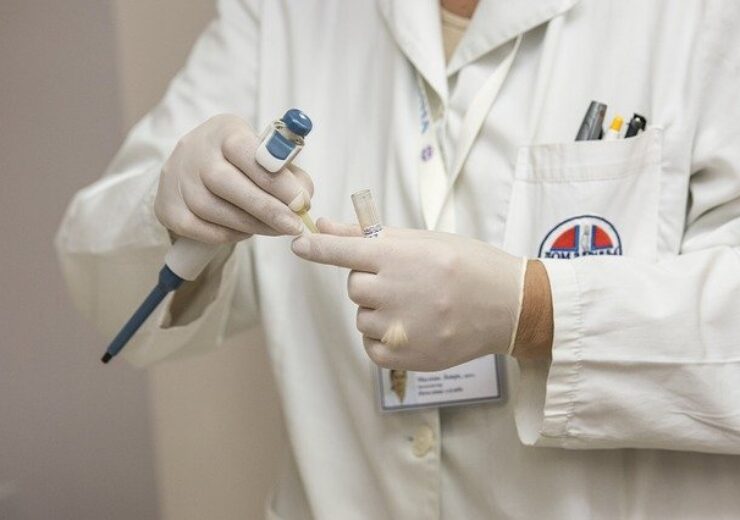Analysis of more than 1,000 study participants showed the clinical utility of Signatera for informing post-surgical treatment decisions

Natera’s Signatera is a personalised ctDNA test. (Credit: Darko Stojanovic from Pixabay.)
Natera, a provider of personalised diagnostic tests, has unveiled new data on the clinical utility of its tumour-informed molecular residual disease (MRD) test, Signatera.
The new data was based on analysis of more than 1,000 colorectal cancer (CRC) patients enrolled in the GALAXY arm of CIRCULATE-Japan trial.
With more than 3,000 CRC patients, CIRCULATE-Japan is a large-scale, multi-centre, MRD-guided trial that uses Signatera to monitor MRD status in patients with stage I-IV CRC.
Signatera is a circulating tumor DNA (ctDNA) test, custom-made for the treatment monitoring and MRD assessment in patients previously diagnosed with cancer.
It was designed to detect and measure the extent of cancer remaining in the body, to identify recurrence in advance, and to optimise treatment decisions, said the company.
Natera oncology medical affairs VP Alexey Aleshin said: “Current guidelines recommend combination chemotherapy for all patients with stage III CRC, yet it is known that up to 40% are cured by surgery alone.
“Our study demonstrates that MRD testing can help stratify and predict which patients are likely to benefit from systemic therapy.
“We are extremely pleased with these groundbreaking results from CIRCULATE-Japan and are optimistic they may change practice guidelines.”
The new data, generated based on analysis of more than 1,000 patients from the study’s GALAXY arm, showed that Signatera can predict treatment benefit.
According to the analysis, patients who were MRD-positive within four weeks post-op, significantly benefitted from adjuvant chemotherapy (ACT), across all stages of disease.
Signatera-negative patients, who are with high-risk stage II and stage III disease, did not benefit from ACT, according to the findings.
The study also showed the test dynamics is predictive of the treatment benefit, with 68% of ACT-treated patients cumulatively cleared their ctDNA within 24 weeks.
Also, ACT-treated patients showed significantly superior outcomes compared to those who remained ctDNA-positive, with a hazard ratio of 15.8, said the company.
CIRCULATE-Japan study principal investigator Dr. Takayuki Yoshino said: “Definitive evidence has now been presented that personalized MRD testing can guide adjuvant treatment decisions, particularly for MRD-positive patients who clearly benefit from adjuvant chemotherapy.
“We see these results as an important step forward in establishing MRD-guided adjuvant therapy as the standard of care for colorectal cancer patients worldwide.”
Signatera is a personalised and tumour-informed test that provides individuals with a blood test customised according to unique clonal mutations in their tumour cells.
Furthermore, Signatera has received three Breakthrough Device Designations from the US Food and Drug Administration (FDA) for multiple cancer types and indications.
